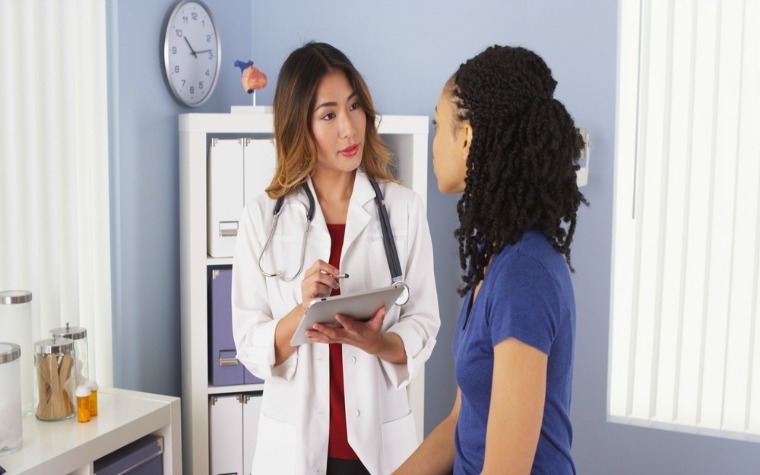
A recent study has found the majority of women whose doctors request genetic testing for the BRCA genetic mutation do not receive the recommended counseling prior to testing.
Genetic counseling is recommended to improve a patient’s knowledge of their medical issues.
Researchers in the ABOUT Study (American BRCA Outcomes and Utilization of Testing Study) examined data from women whose doctors requested genetic testing through Aetna over the period of a year.
According to the study, published in Journal of the American Medical Association – Oncology, patients who underwent genetic counseling knew more about BRCA risk factors and treatments. They also showed more understanding of that information. The number of women who received genetic counseling differed, depending on their doctor’s specialty.
The study's principal investigator was Rebecca Sutphen, professor of genetics at the USF Health Morsani College of Medicine.
"The ABOUT Study offers a rare opportunity to study the self-reported experiences of women undergoing testing in the community setting where most people receive their care,” Sutphen said. “Although we found that most women did not receive genetic counseling by a genetics professional, this is a gap in services that can be addressed.”
Guidelines from many medical societies and other groups recommend that women undergoing genetic testing for the BRCA gene also receive genetic counseling as part of the process, but the study shows that only a fraction of all women who complete this testing have the appropriate counseling and support. The study revealed that only 36.8 percent of the 3,874 women in the study reported getting that counseling from a genetics clinician before the testing occurred.
For most women who have a family history of breast or ovarian cancers, genetic counseling related to BRCA testing is covered, with the patient paying nothing.
"Comprehensive genetic counseling about BRCA mutation testing is important for individuals to understand their cancer risk. The information obtained from genetic counseling empowers individuals as well as current and future generations of their families to make informed decisions about screening, risk reduction, and treatment options," Joanne Armstrong, M.D., senior medical director and head of Women's Health for Aetna, said.
The study was undertaken by University of South Florida, Aetna, the American Cancer Society and the national non-profit Facing Our Risk of Cancer Empowered.